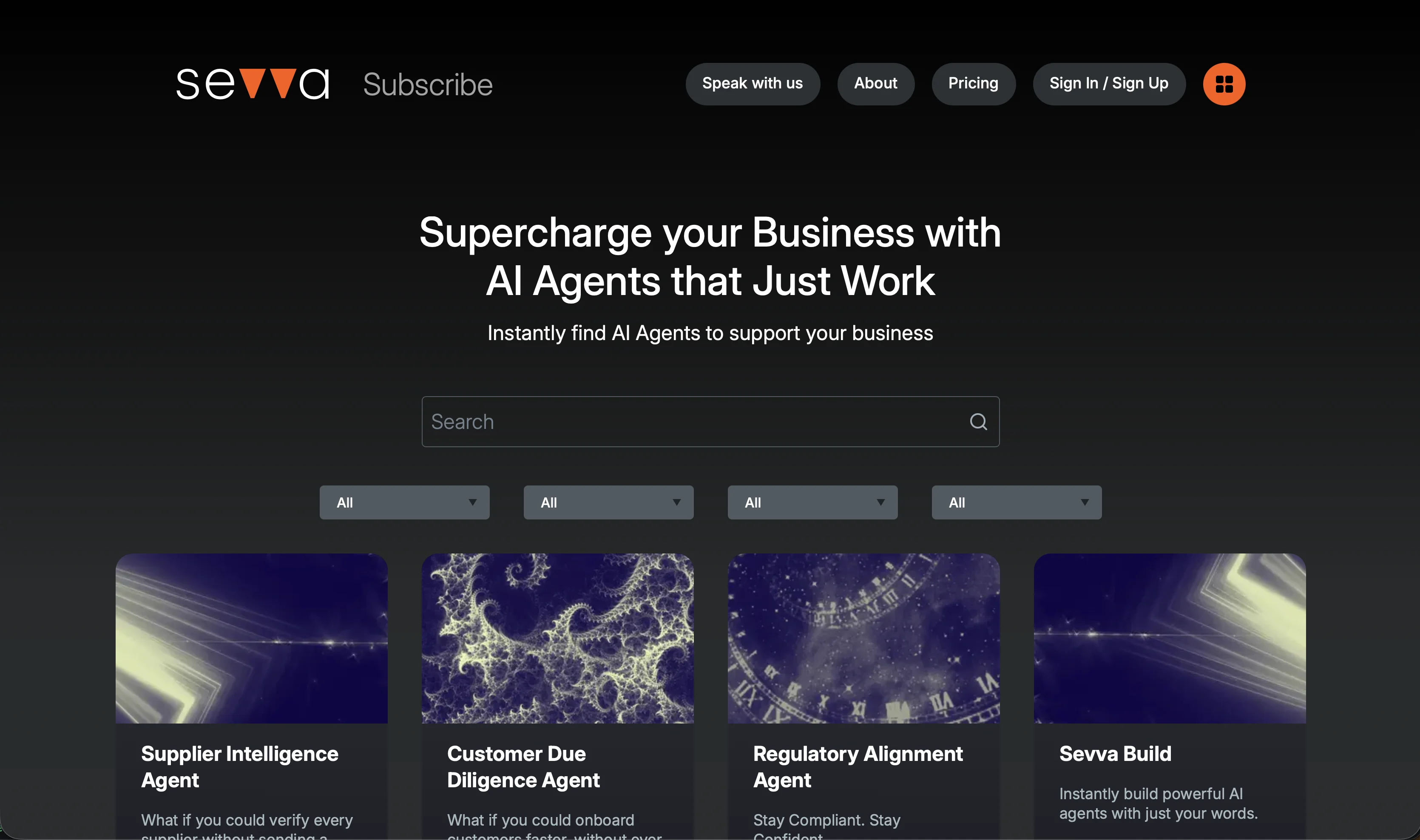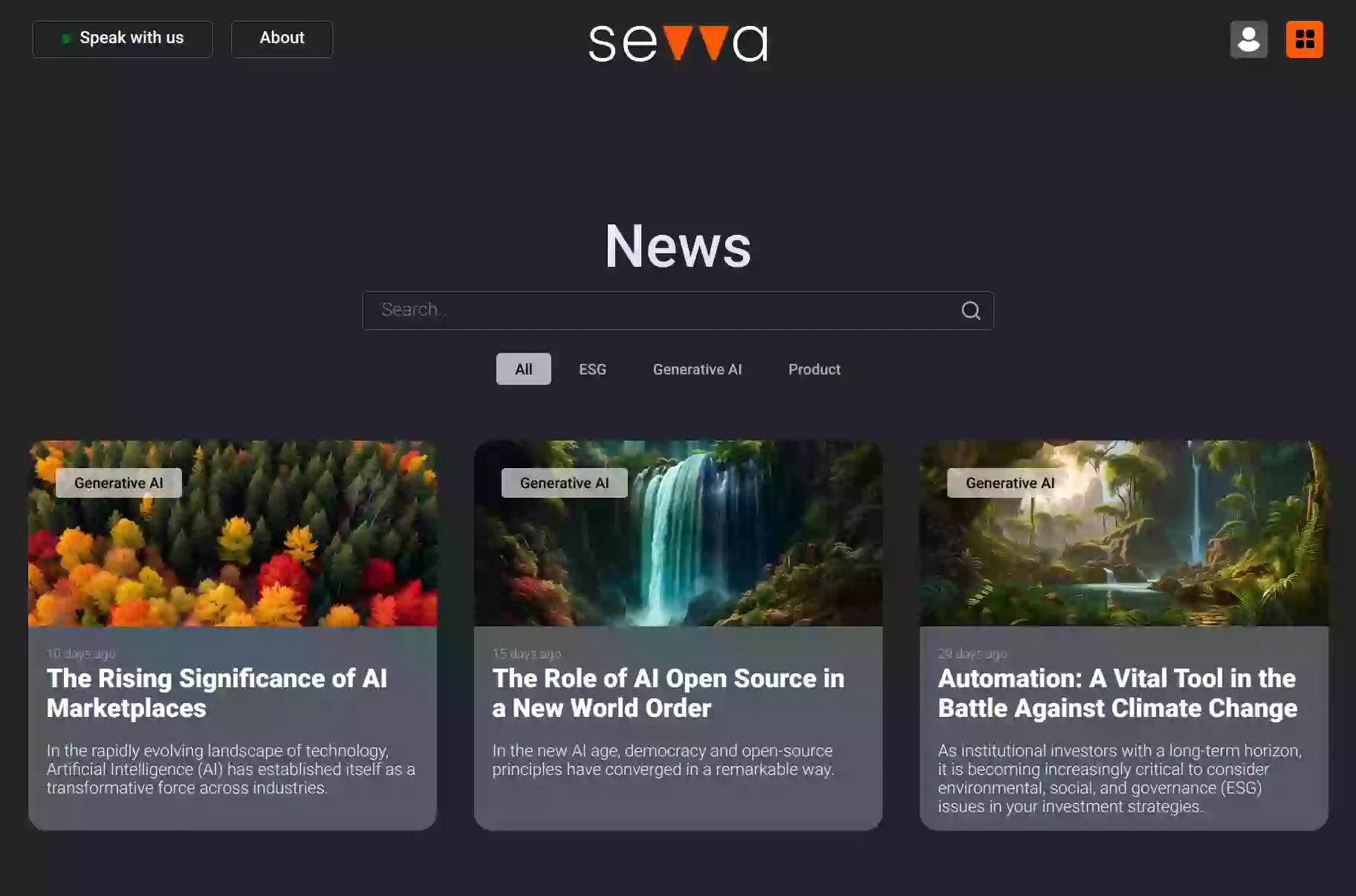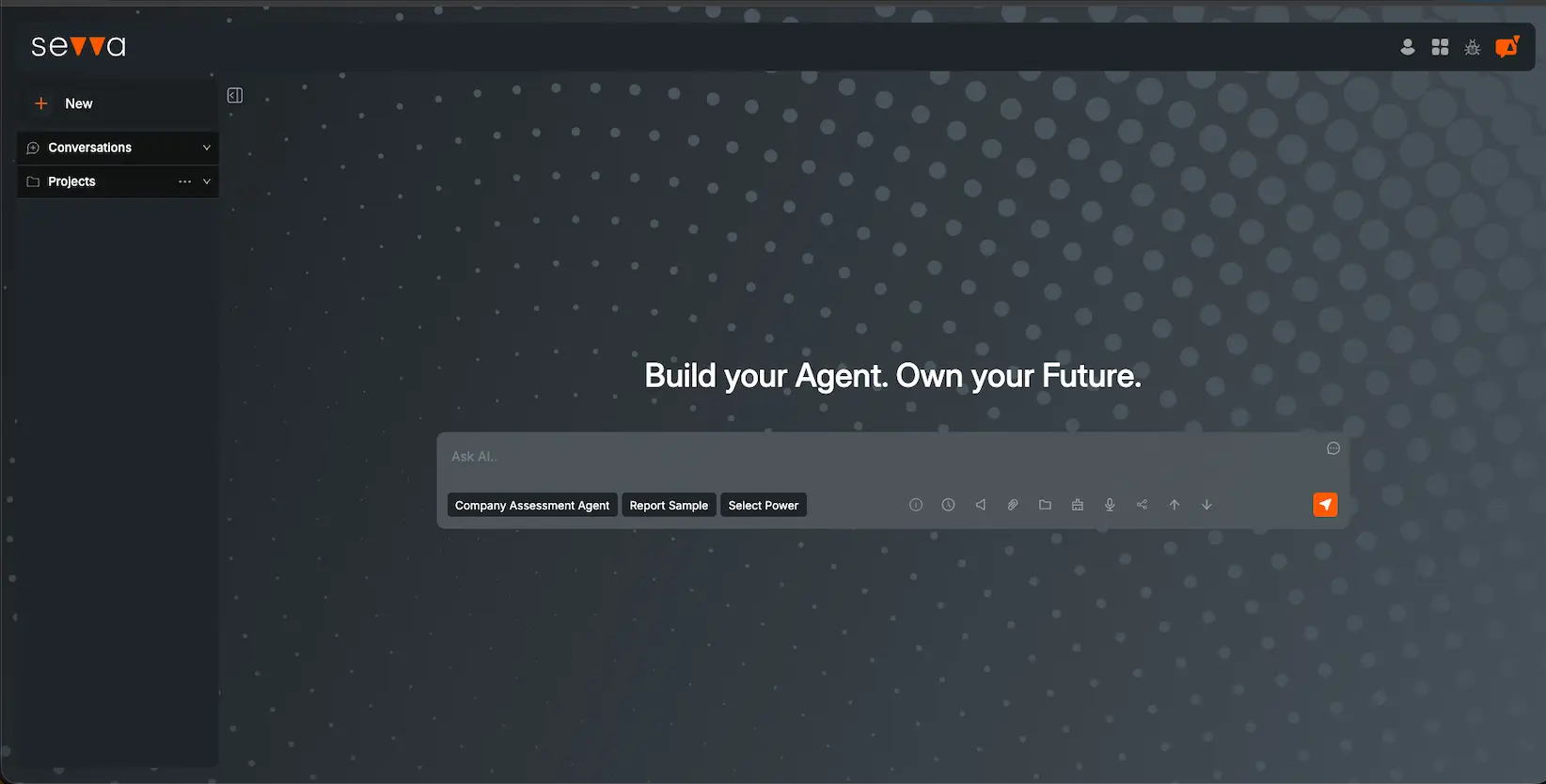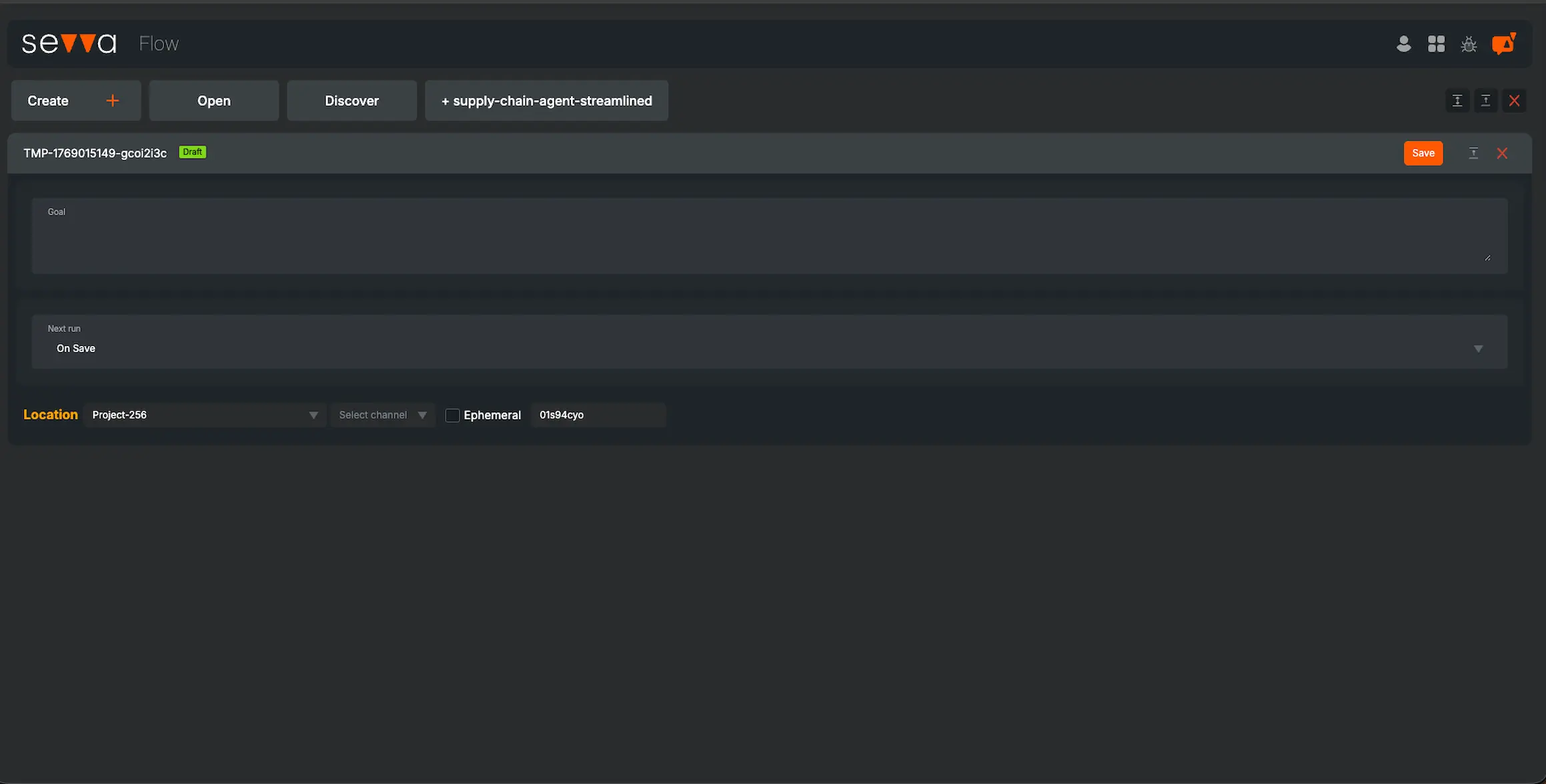The Rising Significance of AI Marketplaces
In the rapidly evolving landscape of technology, Artificial Intelligence (AI) has established itself as a transformative force across industries.
In the rapidly evolving landscape of technology, Artificial Intelligence (AI) has established itself as a transformative force across industries. Total economic impact for AI services is projected by PwC to exceed a staggering $15 trillion by 2030, making it one of the most promising sectors for growth and innovation. Its transformative potential is no longer a secret, and businesses worldwide are actively seeking AI solutions to stay competitive and innovative. To facilitate this AI revolution, the concept of an AI marketplace has gained significant importance. Market interest is clearly there though, a study from MIT Technology among 1,000 leaders and AI experts from around the world shows that “66% of companies are willing to share data externally to help develop new AI-enabled efficiencies, products, or even value chains.”
In this blog post, we will explore the crucial role AI marketplaces play in this dynamic environment.
Understanding the AI Marketplace Concept
An AI marketplace is a digital platform where enterprises and individuals can exchange AI Models, AI Products and AI Applications for a fee. These marketplaces serve as a central hub for businesses seeking to leverage AI without the complexities of developing AI models in-house or assembling dedicated teams of data scientists and engineers. For individuals, this will be the place where one can use the power of AI to enhance their daily lives, whether for productivity, entertainment, education, or other purposes. According to Gartner, “by the end of 2024, 75% of enterprises will shift from piloting to operationalizing AI, driving a 5X increase in streaming data and analytics infrastructures."
Benefits of AI Marketplaces
Fostering Innovation: AI marketplaces foster innovation by encouraging collaboration among developers, researchers, and businesses. They provide a space for sharing ideas, algorithms, and solutions, driving the rapid advancement of AI technology.
Accessibility for All: These marketplaces democratise AI by making it accessible to businesses of all sizes. Startups and small enterprises can tap into cutting-edge AI capabilities without the massive upfront investment traditionally associated with AI development. It also offers a convenient and accessible way for individuals to discover, utilize, and customize AI solutions that cater to their unique needs and preferences.
Cost-Efficiency: AI marketplaces offer cost-efficient solutions. Companies can find pre-built AI models, tools, and services, reducing the time and resources required for AI implementation.
Tailored Solutions: Businesses can choose from a wide range of AI offerings, allowing them to select solutions that align with their specific needs and objectives. This customization enhances the efficiency and effectiveness of AI implementation.
Seamless Integration: AI marketplaces facilitate the seamless integration of AI into existing systems and workflows. This ensures that AI solutions can be incorporated without major disruptions to daily operations.
Keeping Pace with Advancements: AI is a rapidly evolving field. AI marketplaces provide access to the latest AI advancements, enabling businesses to stay at the forefront of technological innovation.
Regulatory Compliance: In an era of increasing regulatory scrutiny, AI marketplaces can help businesses navigate complex regulatory landscapes. They often provide pre-vetted, compliant AI solutions, reducing legal and compliance risks.
In conclusion, as we navigate the complex challenges of the 21st century, AI marketplaces offer a pathway towards a more sustainable, equitable, and prosperous future for all of us. The key to unlocking the full potential of AI and getting humanity back on track is to foster collaboration and sharing of knowledge in an efficient way.


















